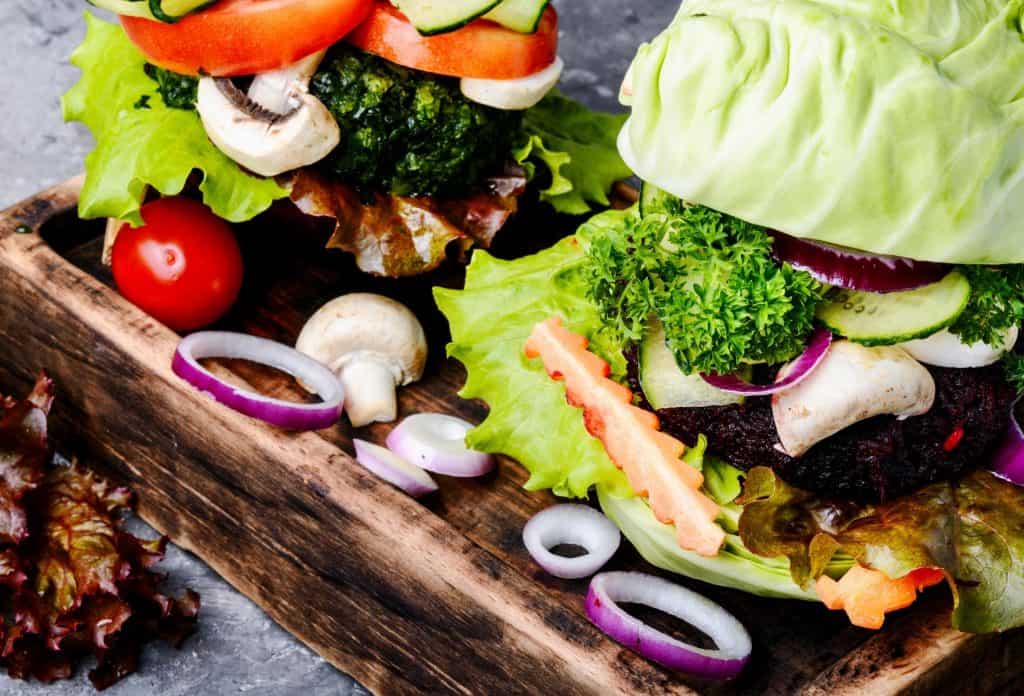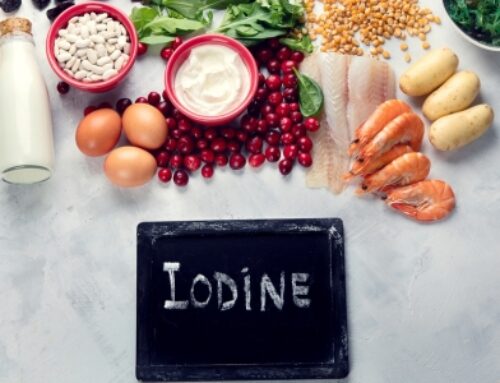
You may be following a vegetarian or vegan diet due to various reasons such as animal welfare, environmental concerns, or to improve your health. Regardless of the reason, there are macronutrients and micronutrients that we need to be particularly mindful of.
These include:
- Protein
- Iron
- Zinc
- B12
- Calcium
Although animal sources have a high nutritional value for the nutrients above, you can still reach an adequate diet that fulfils your nutritional needs through plant-based or vegetarian sources.
Protein
Protein is a macronutrient and is made up of chemical “building blocks” called amino acids. These amino acids are required for building and repairing various tissues such as muscle, cartilage, and skin.
There are two types of amino acids, non-essential (your body can produce them) and essential (must get them through your diet). A ‘complete’ protein has all 9 essential amino acids and animal products like meat, fish, chicken, eggs and milk are considered to be complete proteins. Unfortunately, there are only a few single plant foods that are a complete protein, therefore it is important we eat a variety of plant-based proteins to ensure we get everything we need.
Plant sources high in protein:
Plant sources that contain protein:
|
Animal (vegetarian) sources high in protein:
|
|---|
Iron
Iron is an important mineral that helps make red blood cells and transports oxygen to various tissues throughout the body.
If we aren’t eating enough iron, we can start to experience various symptoms such as fatigue, light-headedness and poor concentration/memory.
Bioavailability refers to how easily iron can be absorbed by the body. Haem iron has a high bioavailability, and this can only be found in meat sources. Non-haem iron has a low bioavailability and can be found in plant-based sources. Raw plant foods contain phytates and these phytates bind iron and prevent its absorption. Basically, your body can absorb iron much better from meat sources and therefore vegetarians/vegans must be particularly mindful of their iron intake and implement various methods to optimise iron absorption.
Read our article “Iron Deficiency“ for further information regarding iron.
Tips to increase iron absorption:
- Add vitamin C rich foods to your meals like capsicum, broccoli, tomato and spinach. Vitamin C helps to break down iron and allows for better absorption.
- Cook your vegetables. This increases the amount of available non-haem iron.
- Soaking, sprouting or fermenting processes can reduce the level of phytates.
- Avoid coffee, tea or calcium during or directly after having iron rich meals as they can prevent iron absorption.
Sources of non-haem iron:
|
|---|
Zinc
Zinc is another essential mineral that has an important role in immune function. It helps to fight invading bacteria and viruses, assists with wound healing and the production of proteins.
Like iron, Zinc can have a low bioavailability, particularly in plant-based foods such as wholegrains and legumes due to the presence of phytates. These phytates bind zinc and prevent its absorption.
The absorption of zinc can also be improved by heating, soaking, sprouting or fermenting.
Plant sources with zinc:
|
Animal (vegetarian) sources with zinc:
|
|---|
B12
Vitamin B12 is essential for red blood cell production and the function and development of brain and nerve cells. B12 is almost found exclusively in animal products, so as a vegan it is particularly important to eat products that are fortified with B12.
Fortified products with B12:
|
Animal (vegetarian) sources of B12:
|
|---|
Quick tip – check the food label as not all products will be fortified with B12!
Like iron, B12 deficiencies could lead to various symptoms such as fatigue, light-headedness and poor concentration/memory. Deficiencies could also result in a condition called megaloblastic anaemia where the bone marrow produces abnormal, immature red blood cells.
Routine blood tests are recommended to ensure B12 levels are in range. If you cannot reach your B12 requirements through food, supplements should be considered after consulting your GP.
Calcium
“Drink your milk for strong bones” is a phrase you may have heard, particularly as a child.
Milk is full of calcium, a mineral required for building and maintaining healthy, strong, bones throughout life. It is also essential for proper functioning of the heart, muscle, blood and nerves.
The amount of calcium you need will vary during different life stages. Children, teenagers and older females have higher calcium requirements. Children and teenagers are experiencing rapid growth, with 40% of their bone mass acquired during puberty and their peak bone mass is achieved by their early 20’s. Older women lose more calcium due to the hormonal changes in the body from menopause.
As a vegetarian, you may find it rather easy to reach your calcium requirements, if you still regularly consume dairy. Vegans, however, must be particularly mindful that their diet includes enough calcium.
Plant sources of calcium:
|
Animal (vegetarian) sources high in calcium:
|
|---|
Are you following a vegetarian or vegan diet? Unsure if you’re meeting your nutritional requirements?
Our lovely team of dietitians will be able to assess your diet and provide assistance where needed.



